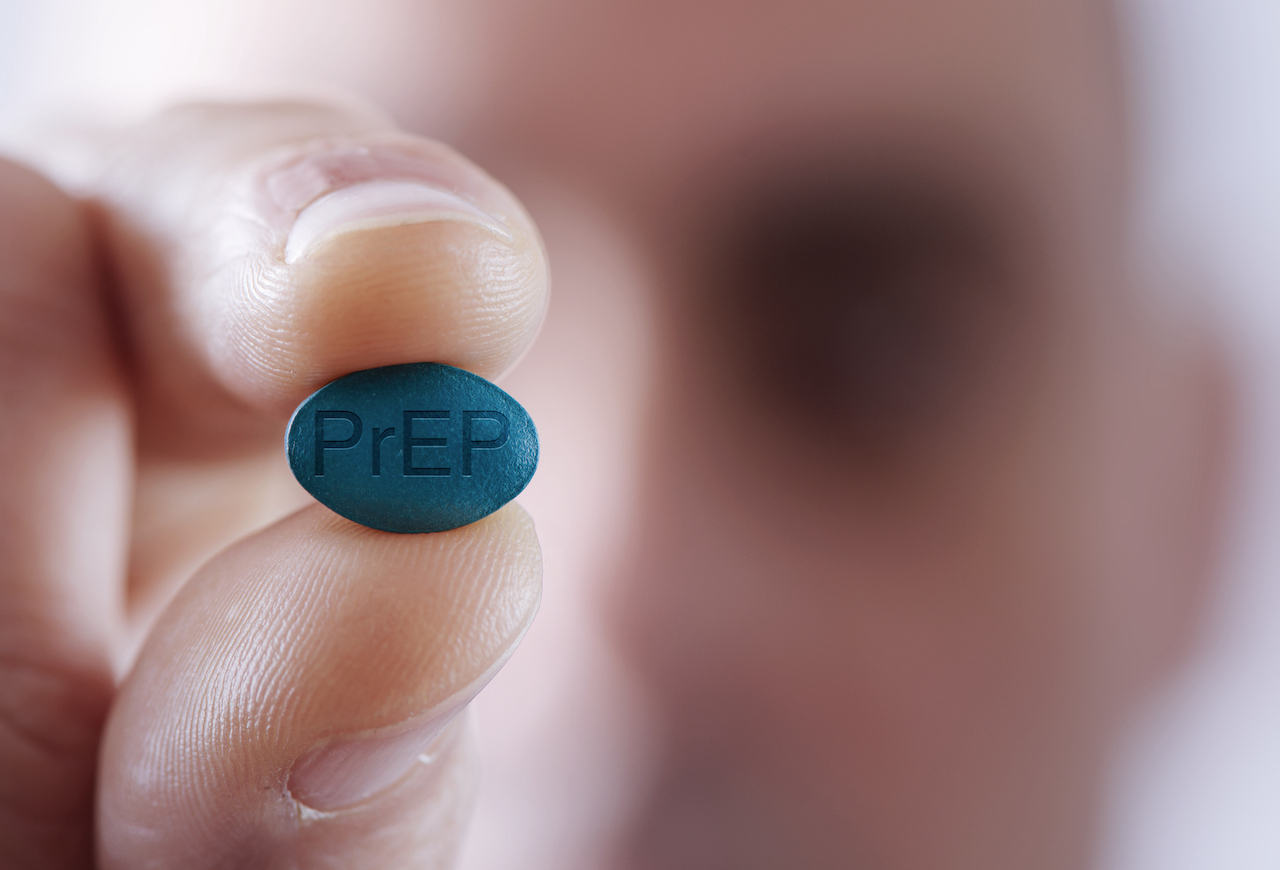The Children’s Investment Fund Foundation and The Global Fund have made a $70m investment to back the deployment of PrEP medicines among those at higher risk of contracting HIV in Africa

A combined investment of around $70m to tackle HIV infection in Africa made by the Children’s Investment Fund Foundation (CIFF) and the Global Fund to Fund to Fight AIDS, Tuberculosis and Malaria underscores how philanthropic organisations are playing an active role in supporting the work of major development organisations.
CIFF, a philanthropic organisation founded by billionaire hedge fund manager Chris Hohn, said it would commit $33m to a catalytic fund, with the Global Fund pledging to add further funding of 1.5 times the CIFF commitment – a further $50m.
The investment is intended to stimulate the deployment of pre-exposure prophylaxis (PrEP), a medicine that people at risk of contracting HIV can take before sex to prevent infection. When taken as prescribed, PrEP reduces the risk of becoming infected with HIV from sex by about 99%.
To reduce HIV infections by 90% by 2030, 10 million PrEP initiations are needed in priority countries, according to the Global Fund. The investment will target up to five African countries, yet to be decided, where HIV infection rates remain high.
This is the second HIV-related partnership between CIFF and the Global Fund. In 2019, they launched a $25m catalytic investment to scale up access to HIV self-tests in countries where millions are unaware of their HIV status. The distribution of self-tests has grown from a few thousand units in 2019 to over 3 million in 2021 in five of Africa’s poorest countries.
Partnerships
The partnerships are able to take advantage of the extensive experience of both organisations in tackling health-related issues in Africa.
The Geneva-based Global Fund was created in 2002 to tackle HIV, TB and malaria following high-level talks at G8, African Union and UN meetings. Its strategy is developed in conjunction with donors, the public and private sectors, and civil society organisations in the countries where it operates.
CIFF is a philanthropic organisation, with offices in Addis Ababa, Beijing, London, Nairobi and New Delhi, which works with partners to improve the lives of children and adolescents, including their health outcomes.
The partnership reinforces the relationship between the Global Fund and private and philanthropic investors. More than 90% of the Global Fund’s $14bn of total funding for the 2020-2022 three-year grant cycle came from state level donors from around the world, led by the US and other G7 countries. But around 8% came from private investors, such as the Bill and Melinda Gates Foundation, the Product Red philanthropic branding campaign, CIFF and the Rockefeller Foundation.
In August 2022, the Johnson & Johnson Foundation and the Skoll Foundation said they would make investments totalling $25m in the Global Fund’s Africa Frontline First Catalytic Fund, which aims to support and domestic financing for community health workers.
Philanthropy in the health sector
John Fairhurst, head of private sector engagement at the Global Fund, told Impact Investor he believed there was room for more philanthropic engagement in the health sector.
“I think there’s a there’s a massive opportunity in the philanthropy space, because, outside of a few organisations, like the Gates Foundation and CIFF, I don’t think the scale of philanthropy has reached its full potential, particularly in global health. We’re still scratching the surface,” he said.
The Global Fund’s extensive financial and operational resources provide its partners with a platform that can help them scale up projects in a way that would not be possible if they tried to go it alone.
“Chris Hohn at CIFF is a successful private sector hedge fund manager, who is highly capable of judging the suitability of investments and using money in the best way. Philanthropists like him are saying that the way we’re going to solve the world’s problems at scale, is by doing it through mechanisms like the Global Fund,” Fairhurst said.
These philanthropic pledges come ahead of the Global Fund’s so-called Seventh Replenishment, planned to be launched at a conference hosted by US president Joe Biden this week.
For this three-year grant cycle for 2023-25, the Global Fund aims to raise $18bn from state and private investors. The fund estimates that this amount would save 20 million lives, while strengthening health and community systems to reinforce pandemic preparedness.
The US, which is the largest grant provider, said in March it pledged to provide $6 billion over the new grant cycle and said it would “match $1 for every $2 contributed by other donors”.
Covid impact
The launch conference is taking place during a difficult period for the fight to control HIV, which has been hampered by the impact of the Covid pandemic. Total AIDS-related deaths have dropped by 65% since the Global Fund was founded in 2002, but in 2020, key prevention and testing services for HIV declined compared to the previous year for the first time in the Global Fund’s history.
It is not an ideal time to be fund raising either, given the plethora of other financial demands being made on potential investors due to the impacts of the Ukraine war and the aftermath of the Covid pandemic, plus the growing demands of tackling the climate crisis.
But Fairhurst believes this is not the time to overlook the global health agenda.
“I think the Global Fund’s work is crucial. The covid pandemic has emphasized again that prevention is better than the cure, and that not making that investment would be a real risk. I think this Replenishment is going to be a major moment in terms of global health strategy,” he said.






